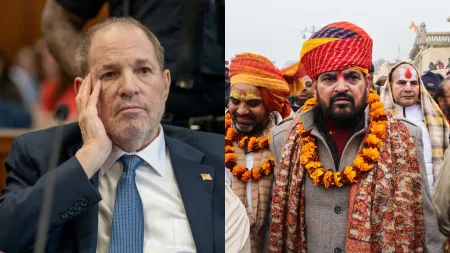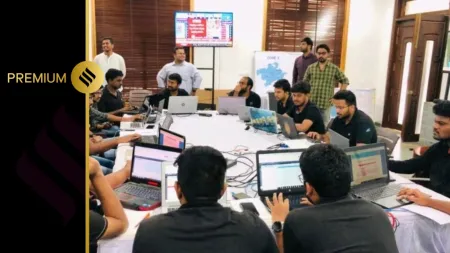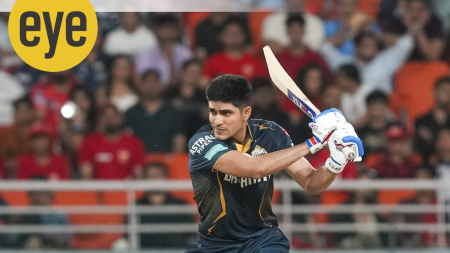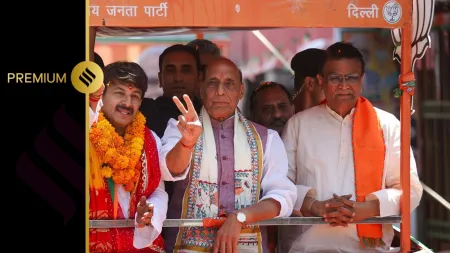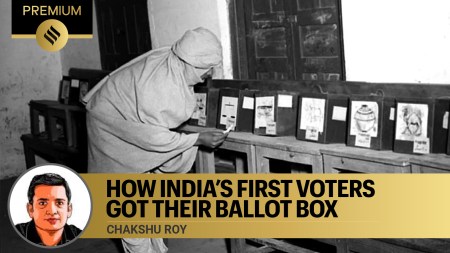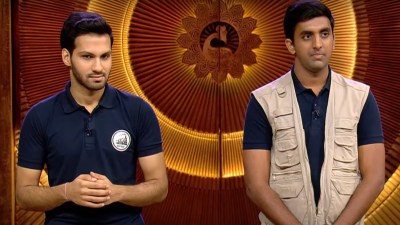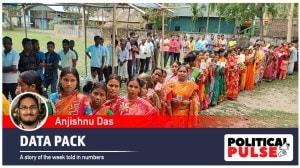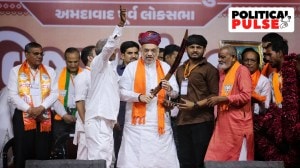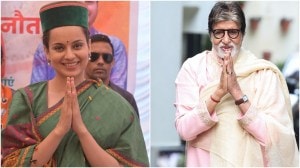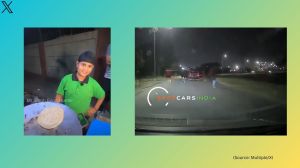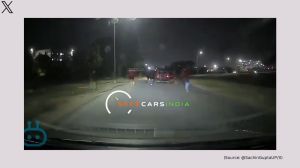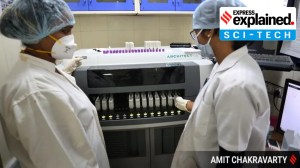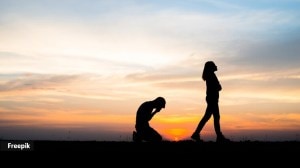- India
- International
Mumbai third sero survey: 36% have Covid antibodies
The latest survey, which covered 10,197 people, found a sero positivity of 41.6 per cent in slums, and 28.5 per cent in non-slum areas.
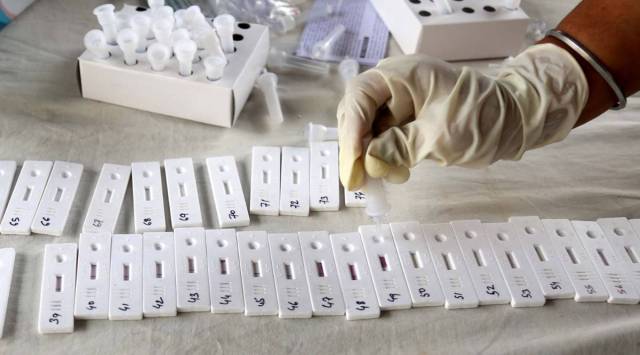 In the second wave, a large number of patients are being detected from highrise residential buildings. (Express Photo by Gurmeet Singh/Representational)
In the second wave, a large number of patients are being detected from highrise residential buildings. (Express Photo by Gurmeet Singh/Representational)A sero survey conducted by the Brihanmumbai Municipal Corporation (BMC) in March 2021, the third of its kind in Mumbai since the coronavirus outbreak last year, shows 36.3 per cent of the population has antibodies against Covid-19, lower than last July’s 40.5 per cent.
The latest survey, which covered 10,197 people, found a sero positivity of 41.6 per cent in slums, and 28.5 per cent in non-slum areas.
The percentage of slum population with antibodies has consistently declined over the last three sero surveys, while the rise in antibodies in non-slum population in this survey is indicative of recent infection trends.
Rise & fall of antibodies
Antibodies are formed within a week to three weeks of infection, but their levels start declining after a few months of the infection.
“This is in line with what we expected,” deputy executive health officer in BMC Dr Daksha Shah said. “Most fresh cases in the last few months are coming from non-slum pockets. This population has been newly exposed to the virus and has developed antibodies that continue to persist.”
In the second wave, a large number of patients are being detected from highrise residential buildings. “Findings from the survey, therefore, appear to corroborate the current trend,” the civic body said in a statement.

Antibodies are formed within a week to three weeks of infection, but their levels start declining after a few months of the infection. The first sero survey last July showed 57 per cent population in slums had antibodies. This reduced to 45 per cent in the second survey in August 2020, and 41.6 per cent this March.
Between March and July last year, the maximum number of Covid-19 cases came from slums and chawls of Mumbai, and very few from residential housing societies. This shows that while a big chunk of the slum population developed antibodies due to early exposure, the antibody levels are now dipping after eight months.
In non-slums, the first sero survey showed that 16 per cent were exposed to the virus in July 2020. This rose to 18 per cent by August, and 28.5 per cent this March. The lower sero positivity was likely because people not living in slum clusters were able to isolate themselves better and had a reduced risk of viral exposure.
Prof Sandeep Juneja from the Tata Institute of Fundamental Research, who was part of the first two sero surveys, said antibody levels have declined in population in a year since the pandemic began.
Civic officials said they excluded the vaccinated population deliberately to get a non-biased account of antibody generated due to viral infection. In the next survey, the vaccinated population will be taken into account.
Dr Shah said they expect the overall antibody per centre to rise in the next survey due to the mass immunisation programme.
The survey was conducted by the BMC health department, Kasturba laboratory, KEM’s preventive and social medicine department, and some samples were taken from two private laboratories, Thyrocare and Metropolis.
Civic officials said based on the survey, they plan to accelerate vaccination programme to increase antibody levels in population.
May 06: Latest News
- 01
- 02
- 03
- 04
- 05





